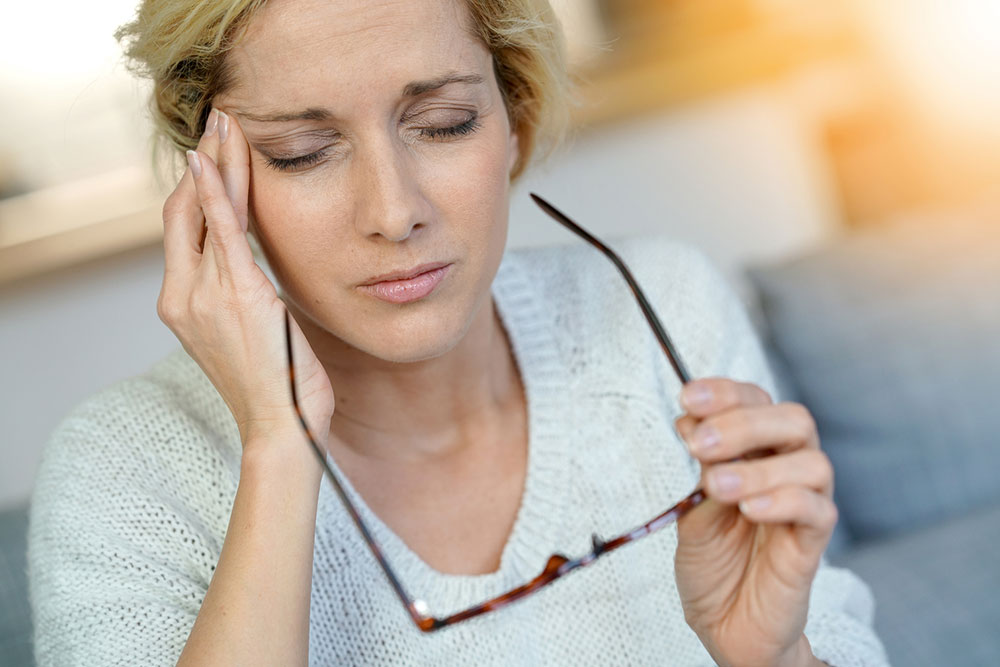
Top Treatment Options for Migraines
A migraine is a throbbing headache that usually hurts more on one side of the head and near the temples or eyes. It is often accompanied by nausea, vomiting, or blurred vision. About 20% of migraines begin with migraine auras, which make the patient see halos around light as well as bright and wavy lines of light. The pain may last anywhere between four hours and three days, and if left untreated, it can be strong enough to hamper daily activities.
The exact cause behind migraines is still not known, but possible triggers include certain foods, stress, hormones, and flashing lights. Women are three times more likely than men to suffer from migraines, and they are very common among people with neurological or hereditary ailments like epilepsy and asthma.
Natural and Alternative Remedies
It is seen that natural and alternative remedies can alleviate the symptoms of migraine. However, before resorting to any of the alternative remedies, it is advisable to consult the doctor.
- Biofeedback
This is an alternative migraine treatment that uses a monitor to train you and also detect any muscle tension and temperature fluctuations that indicate the onset of stress. - Acupuncture
A therapeutic technique, acupuncture helps balance energy flow in the body. Some studies have found that acupuncture induces the release of chemicals that relieve pain, though the validity of the results is debated. - Natural oils
Lavender oil helps to regulate serotonin levels in the body, which in turn decrease the sensation of pain. It can be inhaled by adding a few drops to two or three cups of boiling water. Basil oil also acts as a muscle relaxant when applied topically (on the skin), and can thus relieve migraines.
Lifestyle changes
Improper eating habits and unhealthy lifestyle often accentuate the risk of migraines. Certain lifestyle changes can be considered as great treatment options for migraine.
- Stress relief
While it is difficult to completely eliminate stress, relaxing exercises such as deep breathing, listening to calming music, and meditation can help reduce stress and, in turn, help in the treatment of migraines. - Eating and sleeping on time
Little and no sleep can trigger headaches, while low or high sugar can also induce migraines.
- Balanced nutrition
Aged and fermented foods have high levels of tyramine, which tends to constrict and expand blood vessels and trigger a migraine. Experts recommend reducing consumption of foods like cheese, pepperoni, pickles, and soy sauce. Drink plenty of water to avoid dehydration. Excess caffeine can also induce migraines. Processed and fast foods that should be avoided and moving to a balanced, wholesome food regime helps with migraine.